Reproduction
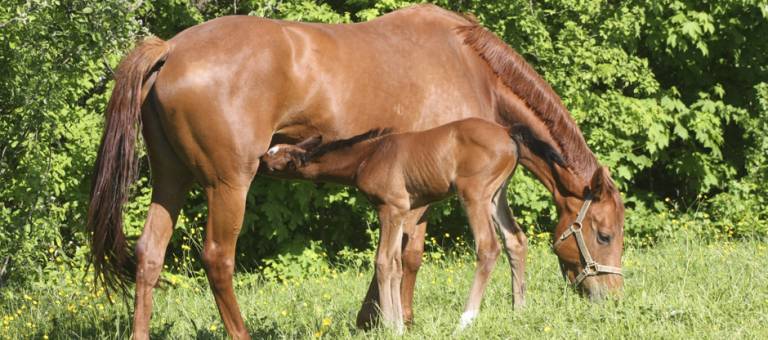
May 26, 2015
Colic in Postpartum Mares
For broodmares, another high-risk time for colic is the period of several hours or days directly following delivery of
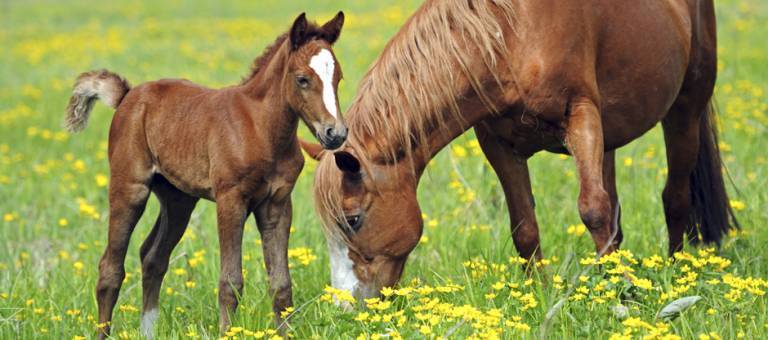
April 02, 2015
Foal Size Related to Characteristics of Mare and Placenta
In foals, higher Apgar scores were correlated with standing and nursing soon after birth.
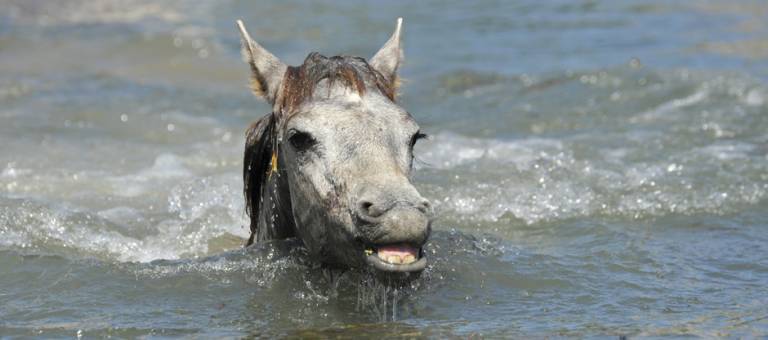
March 27, 2015
Pregnancy Doesn’t Preclude Exercise in Horses
Pregnant mares can perform moderate exercise through at least the ninth month of pregnancy with no harmful effects on

February 09, 2015
Post-Foaling Checklist
While all goes well in the majority of equine births, there are still a few things to check in
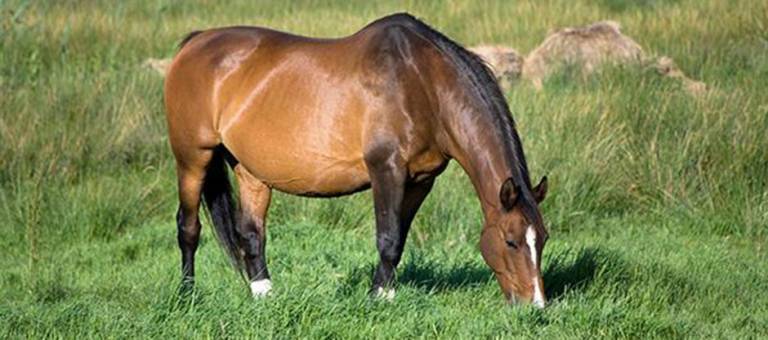
January 21, 2015
Treatment Restores Fertility in Some Broodmares
Embryos produce prostaglandin E2, a substance that promotes their passage into the uterus. Scientists theorized that application of this

January 20, 2015
Preventing Leptospiral Abortion in Horses
Mares can be screened for infection through blood tests, but there are many positive reactions among mares without an

November 11, 2014
Causes of Early Pregnancy Loss in Broodmares
Loss of pregnancy in the first 50 days after breeding is fairly common in broodmares.
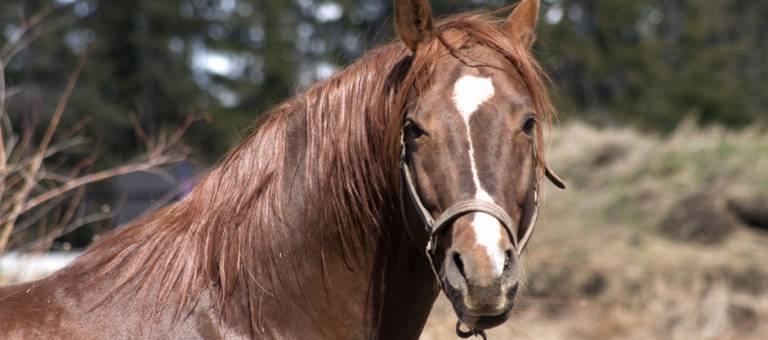
October 24, 2014
Keeping Stallions Keen for Their Work
Advancing age, fatigue, a need for more dietary energy, or other factors can also dull a horse’s interest in breeding.

October 21, 2014
Recipient Mares Influence Embryo Transfer Foals
Several studies on embryo transfers in horses have looked at the influence of the recipient mare on size,
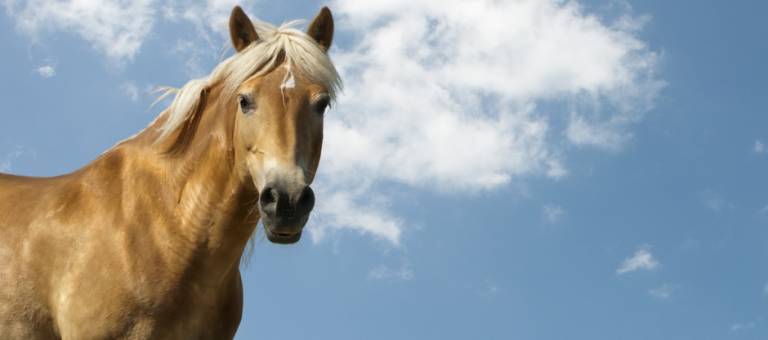
September 15, 2014
Tracing Genetic Material from Mares and Stallions
Gender in horses is determined by the sex chromosomes inherited from a foal’s parents. Stallions, like other male animals,







